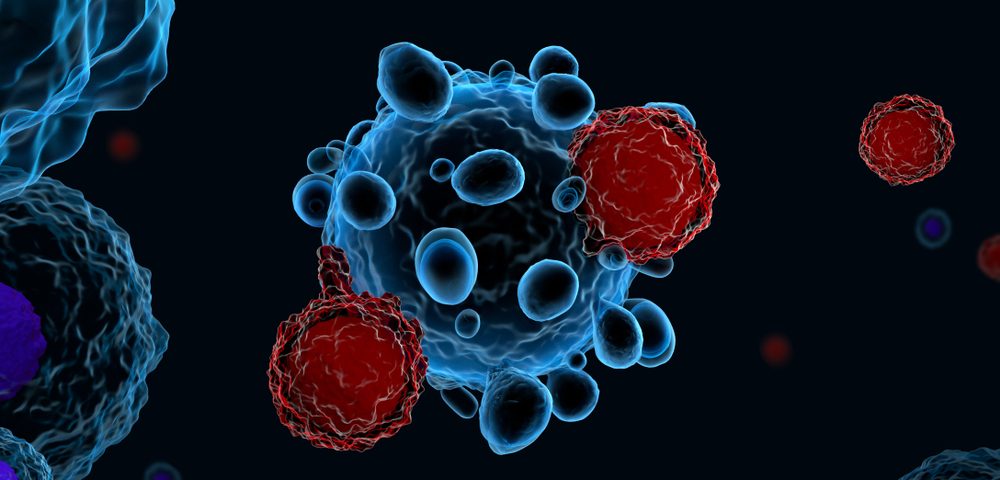Eureka Therapeutics is planning a Phase 1/2 clinical trial in the United States to explore the safety and effectiveness of its investigational T-cell therapy ET140202 in patients with advanced hepatocellular carcinoma (HCC), the most common form of liver cancer.
The announcement comes after the U.S. Food and Drug Administration (FDA) granted investigational new drug (IND) status to ET140202. The company anticipates the study will begin during the first half of this year.
“This is an exciting time for Eureka as we prepare to initiate our U.S. clinical trial in patients with hepatocellular carcinoma,” Cheng Liu, PhD, president and CEO of Eureka Therapeutics, said in a press release. “We intend to advance ET140202 as rapidly as possible in the U.S. and to build upon the experience from our promising proof-of-concept study in China.”
ET140202, designed through Eureka’s ARTEMIS AbTCR T-cell receptor platform, is a new T-cell therapy product that uses natural mechanisms of T-cells to fight cancer.
The treatment consists of collecting a patient’s own cells and genetically modifying them to carry a receptor that recognizes alpha fetoprotein (AFP). AFP is widely produced by HCC cells, causing the T-cells to become primed against these cancer cells.
Because AFP is not at the surface of cancer cells, but rather inside them, this “is a novel approach and can potentially represent a powerful way to treat solid tumors, and in particular, liver cancer, an area of significant unmet medical need,” Liu said in previous press release.
In an ongoing Phase 1 trial (NCT03349255) in China, ET140202 was safe and did not cause the normal side effects associated with other T-cell treatments — cytokine release syndrome and drug-related neurotoxicity. In the trial, three of the six patients experienced a reduction in tumor size, and one had a complete response.
“The initial results represent an important milestone in T-cell therapy against solid tumors, and we intend to continue to study and rapidly advance ET140202 into Phase 1 clinical trials in the United States,” Liu said.
The upcoming U.S. trial will test ET140202 patients whose liver cancer is positive for the AFP protein.
In the first part, researchers will evaluate the safety, tolerability, early effectiveness, and overall stability and distribution in the body of increasing ET140202 doses. The data will help define an optimal dose, which will continue to be studied in the Phase 2 dose expansion segment.


